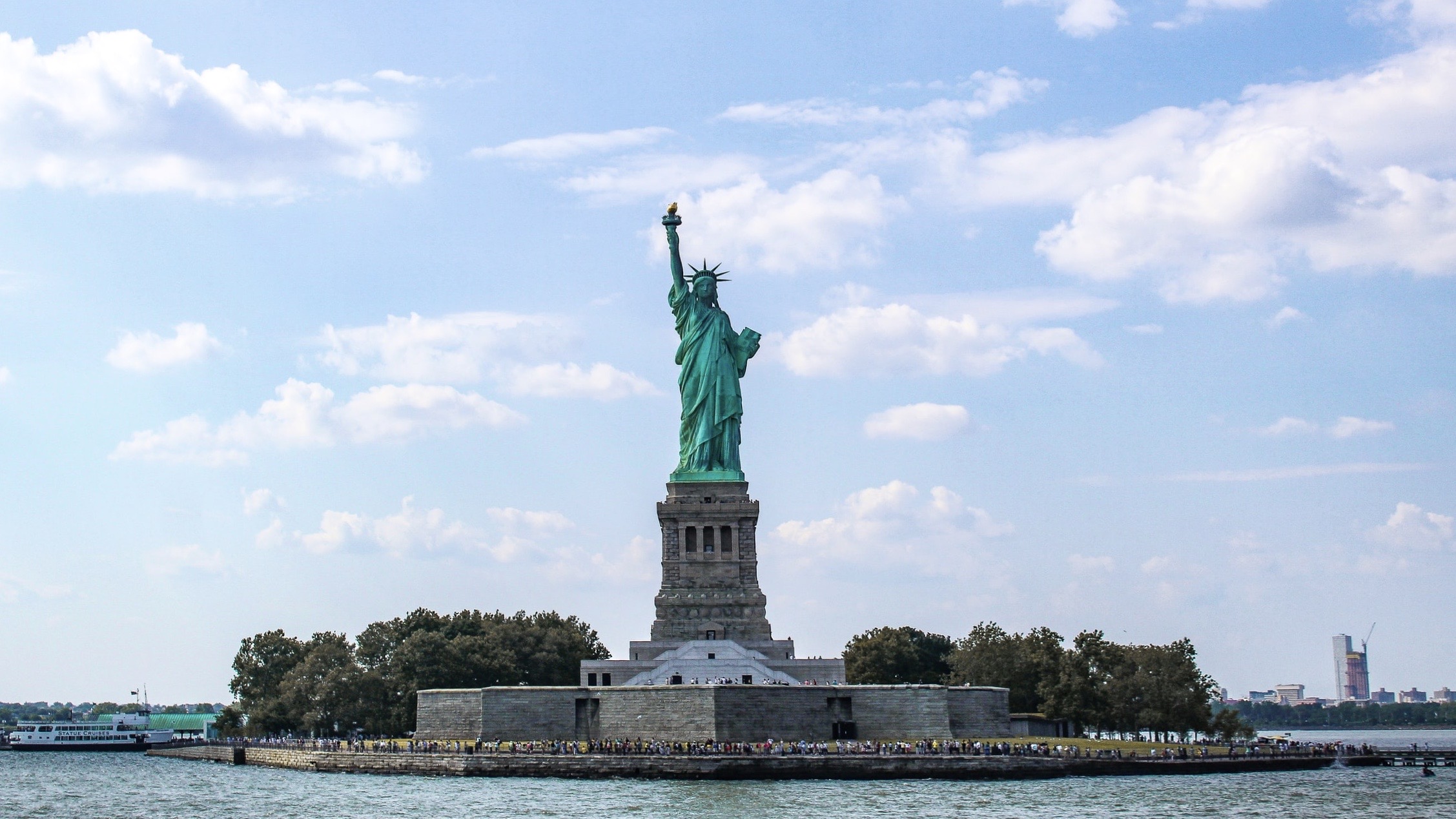By Doug Inglish . . . Sometimes, enough is enough.
My first taste of dormitory life was less than ideal. The building was thoroughly worn out, practically falling down around us, and it was no longer worth fixing. During the first semester of my freshman year, the finishing touches were being applied to a new dorm, which we moved into right after Christmas break. And if you think I was ready to make the change, imagine the senior class who had lived in that dump for three and a half school years!
When enough is enough, sometimes the solution is to move. When the first non-indigenous settlers of North America were arriving–Puritans, Jews, and even Catholics who could not enjoy the freedom of religion we take for granted—had decided that enough was enough, and they came here. When the serfs and peasants from Lisbon, Krakow, and Prague, disallowed by birth from ever owning land, decided that enough was enough, they came here. When whatever monarch happenstance brought to the throne was a little too close in Peking or Constantinople, they came here.
What they found was not perfection. I can relate to that, because the new dorm had an echo, it was a lot further from the cafeteria and gym, and freshmen had to live three to a room built for two, but we were not complaining. By comparison to where we had been living, it was paradise.
So, it was in America. Even after independence, freedom from kings just meant that someone else was in charge, and even when that someone was, We the People, it can be gotten wrong a lot of the time. Before our establishment as a nation and for a century afterward, a portion of the population was dragged here in chains against their will, whatever freedom they previously had, stripped away. When, finally, a war was fought and won to establish that enough was enough when it came to slavery, equality was still an uneven mix of concept and reality.
At least the principles we espouse, though not fully realized, are worthy of aspiration. Many of the nations that we once fled have embraced our ideals and even, to some extent, our form of government. I’ll take this not only over what was left behind, but over pretty much any other version of self-rule, to say nothing of the majority of the globe where the phrase “freedom” is a joke, but nobody’s laughing.
My senior year I found myself in the minority. Most of the residents had never lived in the old dorm, and they failed to appreciate what we had. Minor vandalism began to occur. It didn’t take long for some of us older students to decide enough was enough of that, and though our methods could have used some refinement, our message was clear enough.
It’s happening in our society as well. People are openly questioning whether we should have the right to say what we believe, own property, or even earn a living. Worst of all, the question is no longer whether you can worship as you believe, but if your choice to worship at all is even legitimate. The old concepts of freedom seem quaint to many who never grew up under the oppression of a genuine despot.
Why? Same problem as always. Sinful people in a sinful world.
Monarchy, republic, socialism, dictatorship, anarchy, all suffer from the same fatal disease of being subject to the decisions of flawed humans. As slaves to our own humanity, how can we ever expect to create a free society? It’s not that freedom can’t be achieved; it’s that we can’t be trusted to be in charge of it.
Don’t despair; I suspect you know where I am going with this.
“So, if the Son sets you free, you will be free indeed,” (John 8:36 NIV).
Because of that truth, the slave girl in Naaman’s household was free. The prisoners with Paul and Silas were free. Starving peasants in Soviet collective farms, tortured academics in Cambodia’s killing fields, and slaves sold in markets in Atlanta–if the Son set them free, they were free indeed.
I’m not peddling pablum here, as is so often done. If Marx referred to religion as “the opioid of the masses” it’s at least in part because that is how it has so often been used. You can’t just see injustice and shrug it off by saying “Well, the Son can make him free.” If that’s my response, I am no better than the person committing the injustice.
So yes, we should do all we can to support freedom, from establishing a nation on the principles of freedom to working against the unjust laws of that very nation. In all of it though, even when you feel the appropriate gratitude of whatever level of freedom you enjoy, keep in mind that it is only the real thing if the Son has made you free. And by all means, let others know about it, too.
—Doug Inglish, is RMC director for planned giving and trust services; photo by UnSplash

